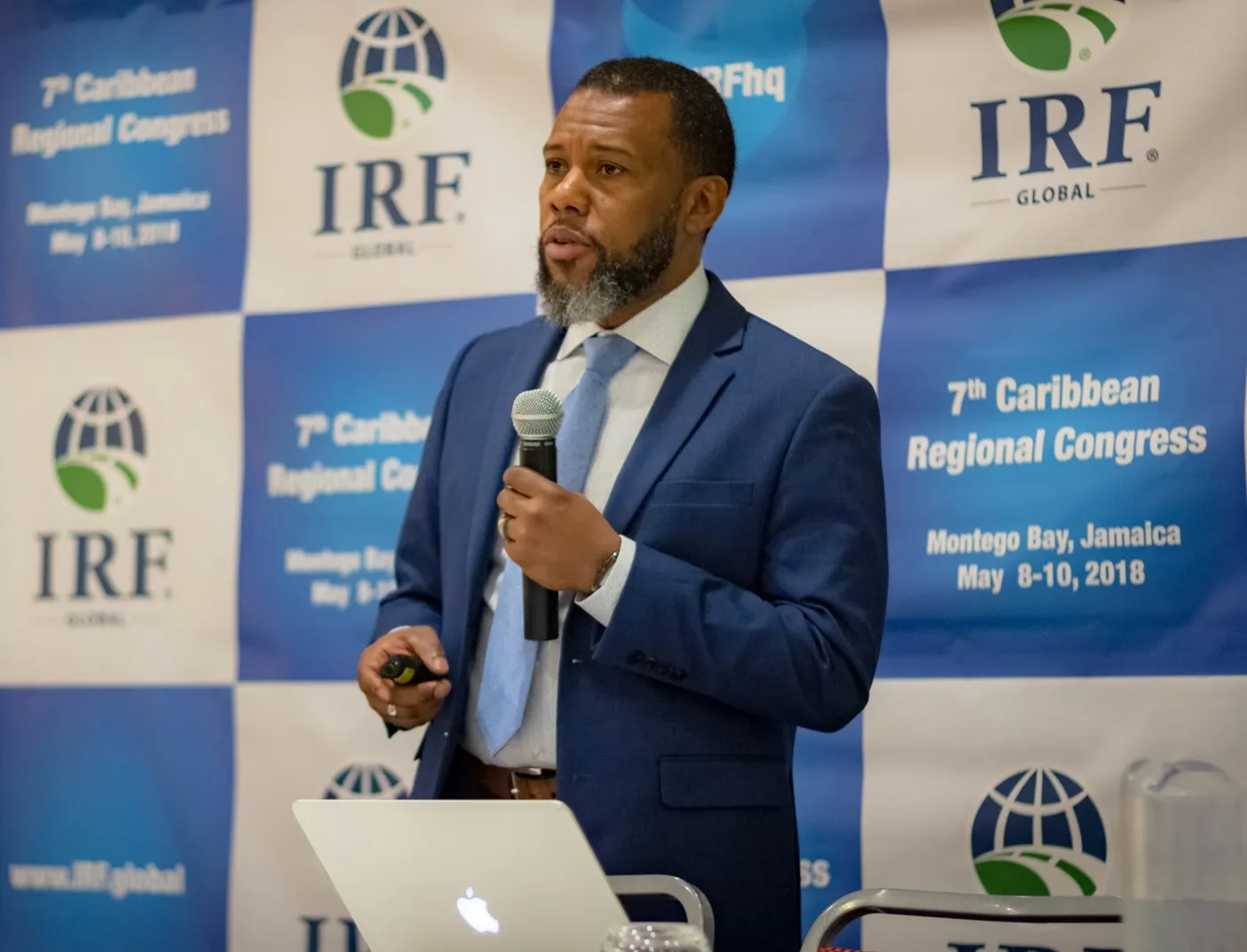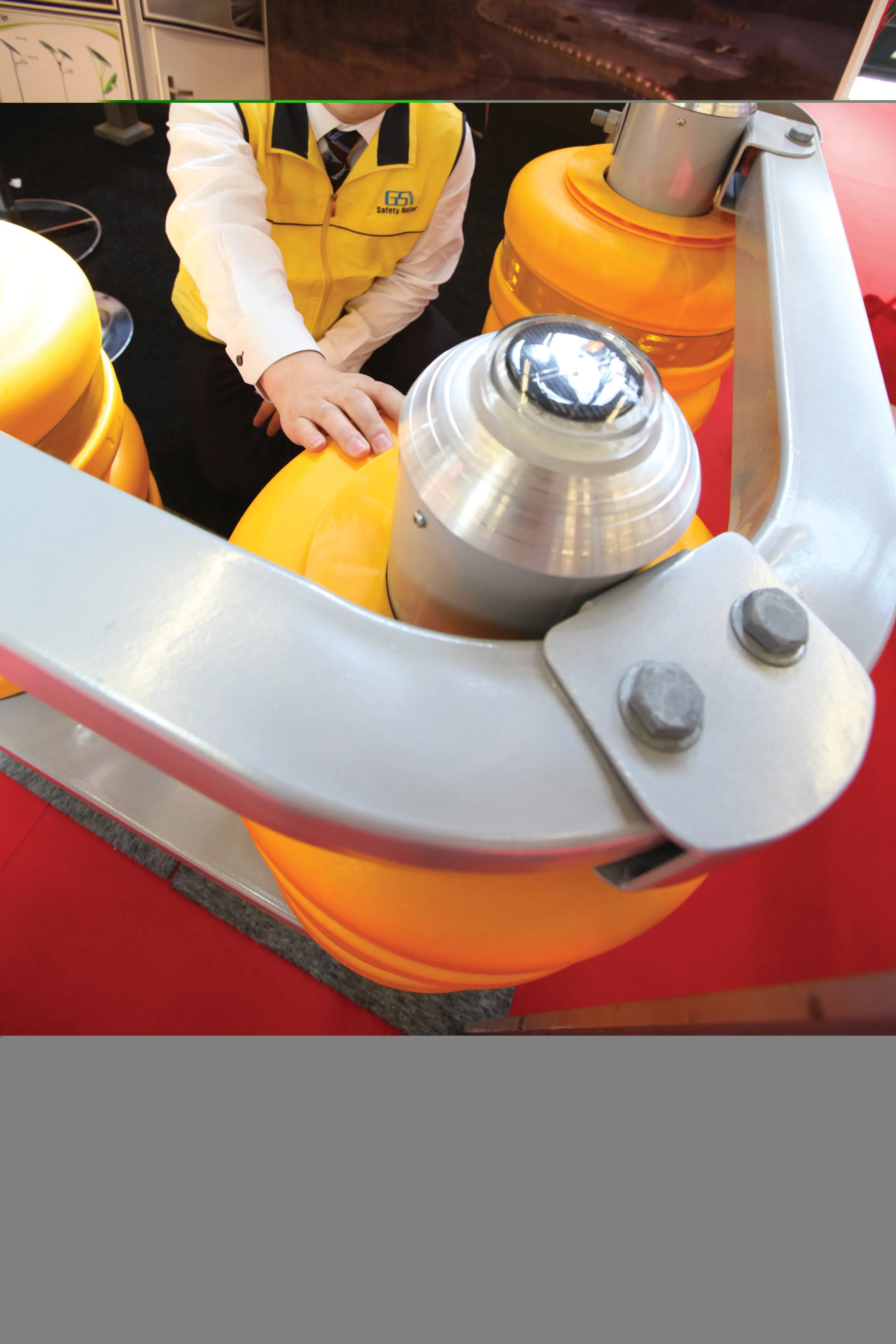
Caribbean Leaders Chart Course Towards Safe & Resilient Roads
Now in its seventh edition, the
A focal topic for the 2018 Congress was the development of safer and more resilient infrastructure capable of withstanding increasingly challenging weather patterns.
Opening the event, CDEMA executive director Ronald Jackson noted, "We are witnessing a steady increase in vulnerability and exposure over the last decade in all the Caribbean Territories which have the potential to impact adversely on road infrastructure, both directly and indirectly. Damage to road infrastructure has secondary effects, cutting off access of affected persons to emergency relief and essential services for extended periods."
Jackson added that these recent events have reconfirmed a number of lessons on ways to address resilience within the sector, such as the need to prioritise the integration of risk and disaster management measures into the road construction and maintenance processes, the importance of applying rigorous building standards as well as the importance of promoting risk informed and risk sensitive development strategies."
IRF Executive Committee Member Dr. William Sowell noted, "Adequate preparation for a man-made or natural disaster should be an ongoing process. Whether it is back-up power sources for signalised intersections, real-time video surveillance for optimal roadway network command and control, or being able to implement contraflow traffic patterns to protect the population from dangerous conditions, prior planning and execution of the disaster plan is essential for saving saves and property."
Road safety continues to remain another key preoccupation for the region’s top transportation policymakers.
Transport & Mining minister HE Robert Montague recommitted his country to a long-term agenda of safer roads. Jamaica, he noted, already uses the “Human-Environment-Vehicle Model” in designing its road safety policies. With the advent of black boxes, he expresses his hope that crash investigators would complete their understanding of road traffic crash patterns. “Jamaica will be in the very near future providing the globe with highly trained and skilled Traffic Accident Investigators, Analysts and Reconstructionists," Montague pledged, praising a recent initiative led by the Ministry to develop traffic crash investigation skills through training workshops.
The event concluded with the official launch of the IRF Caribbean Affairs Committee, open to IRF members, whose goals are to strengthen regional collaboration, foster IRF Training and presence in the Caribbean, find and support IRF Fellowship Candidates and interact and work with other international entities wherever appropriate.








